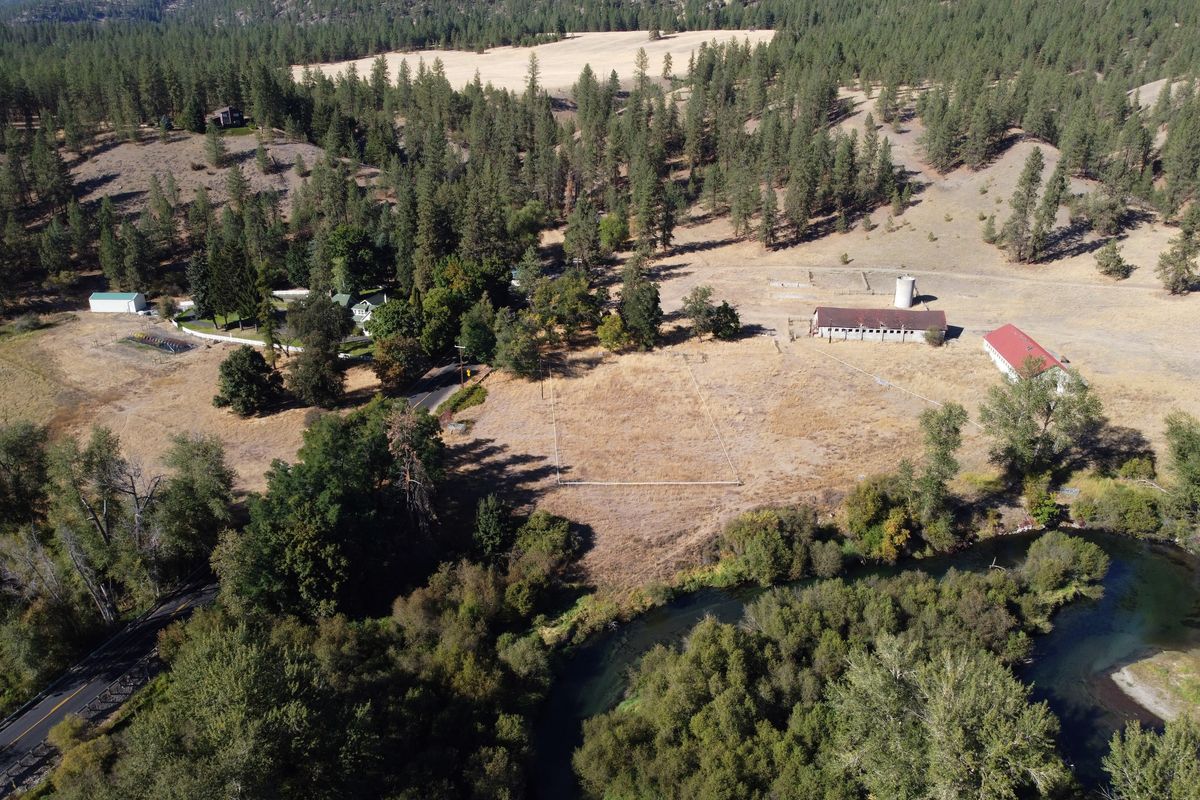Little Spokane River homestead could join Riverside State Park next year

A historic dairy farm on the Little Spokane River should soon become part of Riverside State Park thanks to local conservation efforts.
The Inland Northwest Land Conservancy bought the 1,060-acre Glen Tana property last year to protect it from development. The organization is holding the land until the state can buy it back.
Descendants of the homestead estate were split for many years on what to do with the land: some wanted to preserve it, others wanted to sell it.
The land conservancy saw the property as a critical link between Riverside and Waikiki Springs Nature Preserve. Altogether, the corridor forms a 12-mile buffer west and north of Spokane.
Through fundraising and a $5 million loan, the land conservancy bought the property at a price that satisfied both sides.
“Glen Tana is the crown jewel of a contiguous greenbelt we have helped string around the northwest corner of our city,” Executive Director Dave Schaub said.
The conservancy has completed 120 permanent conservation projects over the past 30 years, including other additions to or next to Riverside State Park.
Glen Tana is likely the last opportunity to protect a piece of land this large, this close to an urban center in Washington, Schaub said. It protects almost 2 miles of river.
The conservancy announced Thursday that it has raised $3.2 million – from 70 donors – out of a $4 million capital campaign goal to support the project. Schaub hopes to finish the fundraiser by next spring.
Washington State Parks is applying for two grants from the Recreation and Conservation Office to pay for the transfer.

The fundraiser will help tide the conservancy over in the meantime and refill its coffers so it can move forward with its next projects. Even after it is paid back, Schaub estimates the conservancy will have incurred $1 million through interest and maintenance costs by the time the project is complete.
“While this is an effort to complete Glen Tana, it is also continuing our mission,” Schaub said.
The capital campaign is separate from annual fundraising for the organization’s operation costs. As part of the conservation opportunity fund, the money goes directly toward acquiring lands. The conservancy has identified five priority areas to focus on next in Eastern Washington and North Idaho, Schaub said.
Donations can be made on the website inlandnwland.org.
After a year of public input and planning, state park officials’ final recommendation is to designate the majority of the property – a hilly wooded spot north of the river – as a natural area, which would allow passive recreation like hiking and wildlife viewing.
Staff will present their recommendations to the Washington State Parks and Recreation Commission for approval at an Oct. 10 meeting in Clarkston, said Sarah Fronk, a state parks spokeswoman.
About 100 acres of the property along the river will separately go to the Spokane Tribe, which plans to build a hatchery there to help with its salmon reintroduction work.
As part of the tribe’s traditional homelands, the winding, marshy path of the Little Spokane is prime salmon raising habitat in the Upper Columbia River watershed, where salmon runs have been blocked off by dams.
The tribe released a truckful of salmon at the site in a celebration last August after the conservancy purchased the property.
The land transfer is expected to finish by the end of next year.